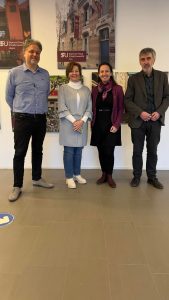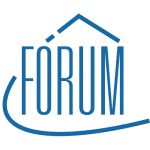Learning for Peace

The big conflicts of the past 80-100 years in our region have influenced the lives of many generations, regardless of the country of their origins or residency. Same events are being remembered from different angles, sometimes with different emotions in different communities and in different countries. The event is the same, the narratives are divergent. Cooperating with transnational partners in the project, and making their databases available and searchable along e.g., life-changing events, places, personalities, etc. will enhance the organisational databases and the partner organisations will be able to provide more diverse sources for educators.
General objective of the Learning for Peace project is to streamline stories from the past into educational programs with the aim of empowering people to look more critically at history and thus the current populist, aggressive political trends, which have been proven in the past to push societies into war and economic crisis. Result of the project will be recommendations for educators for using stories recorded about past conflicts.
Project meeting in Vienna



Project meeting in Šamorín
The second project meeting of the Learning for Peace project took place in Šamorín, at the Forum Institute on 12 September. The meeting was attended by Fanni Erzsébet Tóth, the project coordinator in Austria, Attila Simon, historian and director of the Forum Institute, Zoltán Kőrös, historian, oral history expert and Fórum Institute staff member, and Andrea Lelovics, project manager. The main topic of the discussion was the planned workshop in Bratislava and the recommendations that are being prepared. Prior to the project meeting, Erzsébet Fanni Tóth and Andrea Lelovics talked about the project and the workshop on the “Keddi Nappali” programme of Radio Patria.


“Funded by the European Union. Views and opinions expressed are however those of the author(s) only and do not necessarily reflect those of the European Union or [name of the granting authority]. Neither the European Union nor the granting authority can be held responsible for them.”
Programme: ERASMUS+ Small Scale Partnerships
Contract number: 2022-2-SK01-KA210-ADU-000100694
Grant: 30 000 EUR
Implementation: January – December 2023




